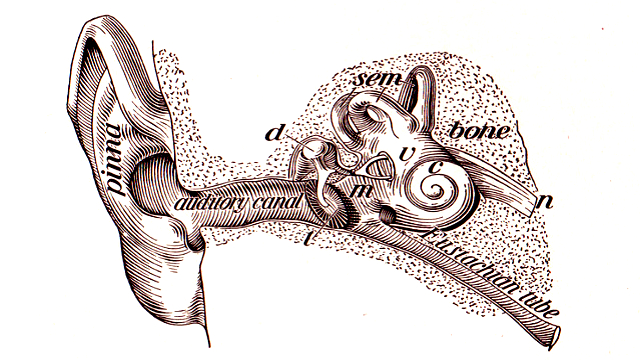Barry Scheck, Harold Koplewicz and Rick Pildes Interviewed by Big Think

This past week, a number of top experts stopped by the Big Think offices for a video interview. Among them were lawyer and Innocience Project co-founder Barry Scheck, child and adolescent psychiatrist Harold Koplewicz, and constitutional law professor Rick Pildes.
Scheck talked to us about how DNA evidence is being used to exonerate wrongfully convicted felons across the country. In the past two decades, his group has overturned over 250 convictions of prisoners, some of whom were on death row. Scheck described what he sees as the major flaws in the justice system and talked about how foolproof various forms of evidence are.
Koplewicz explained how drugs like ritalin and adderall affect our brains. He also talked about the serious problem of adolescent depression. Suicide is one of the leading causes of death among teens, claiming over 5000 adolescents’ lives every year. He said that many of these lives could be saved by better diagnosing and medicating depressed teens.
Pildes, meanwhile, told us why primary elections are obsolete and should be abolished—an idea which will be featured shortly as part of our “Month of Thinking Dangerously.” He also listed four other changes he would make to our election system if he were named election czar.
Our other guests included Dr. Paul Bellman, who has been treating HIV/AIDS patients since the epidemic started 30 years ago. In that time there have been tremendous advances, including new medications which effectively make patients non-infectious, he told us. He also debunked some common misconceptions about the disease and told us what he thinks is the best strategy for combating the global epidemic.
Neuroscientist Tony Zador gave us a primer on auditory attention. His lab at Cold Spring Harbor Laboratory uses rats to study what mechanisms in our brain are active when we are focusing our attention on a particular sound. The process of attending to, say, one voice in a crowded cocktail party is actually extremely complicated, and scientists are only now beginning to understand how this process occurs in our brains.
And Adam Kepecs, also a neuroscientist at Cold Spring Harbor Laboratory, talked about his studies into how confidence affects decision making. Kepecs explained that he has discovered activity in rats’ brains that is analogous to what happens in our brains when we make choices. Kepecs also talked about how addiction can influence the neural pathways involved in decision making.
If you want to be notified when our video interviews with these luminaries are posted, please subscribe to theWhat’s New at Big Think RSS feed.




